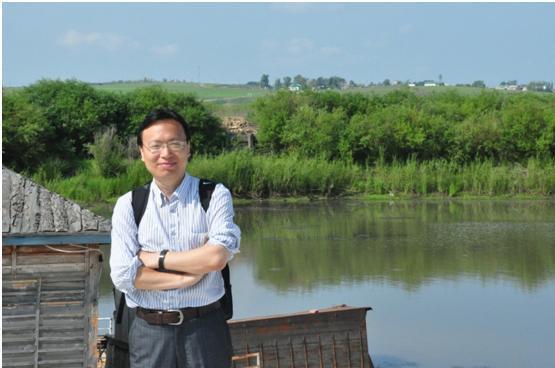A professor shared the Lutheran church's contributions to China's recent higher theological education.
At the 2022 annual meeting of the Journal of Research for Christianity in China held online on May 30, Professor Liu Ping gave a lecture titled "From the Yangtze River to the Pichai River: Martin Luther and China's Higher Theological Education-Elective Research of the Remains of Chinese Church Universities (Volume 2)".
Divided into two sessions, the meeting started with the first lecture attended by 11 scholars and professors from different schools given by Liu Ping, professor and doctoral supervisor of the School of Philosophy of Fudan University.
Professor Liu mentioned that it was a huge project to mainly grasp how many Christian universities there were in China. Despite many studies in this area, most of the Chinese church universities had not been researched, including when and where the first church university in China was built. He said if large-scale studies were conducted, new answers would be obtained to overturn the previous results, especially for the names of people, places, institutions, and churches.
Mainly focusing on Chinese universities of the Protestant churches, Liu gave the speech involving the higher theological education of the four Chinese mission universities influenced by Martin Luther.
He added, "The Lutheran Church not only built seminaries in China but also nurtured local senior clergy while preaching."
The four religious universities were Hankou Lutheran Theological Seminary in Hubei, Shekou Concordia Theological Seminary in Hubei, Kingchow Theological Seminary in Hubei, and Andong Lutheran Theological College in Liaoning. These four schools were distributed spanning a wide range, from the bank of the Yangtze River to the bank of the Pichai River, which showed that the Lutheran Theological seminaries had entered Mainland China.
The professor hoped that readers in the 21st century could recognize that Lutheran thought took root in China through the studies of the educational background, histories, and the current relics of the four Lutheran seminaries.
- Translated by Abigail Wu












